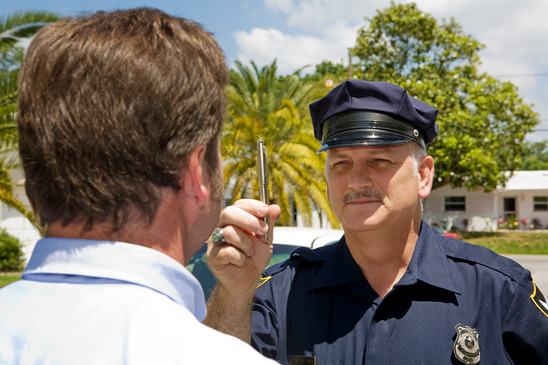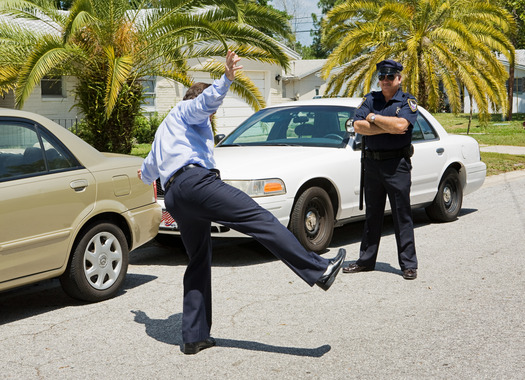Given the dramatic repercussions of OUI charges, it seems ridiculous to imagine that a sober person could fail a field sobriety test. Unfortunately, FSTs are notoriously inaccurate, but if you consent to a field sobriety test and fail, the prosecuting authority can still use the results as evidence against you in court.
There are several reasons why a sober person could fail a field sobriety test. Common examples include:
- Knee problems;
- Back issues;
- Obesity;
- Suspect’s age;
- Exhaustion;
- Anxiety;
- And poor instructions.
Connecticut is an implied consent state, so all drivers consent to a chemical test after a legal traffic stop. If you refuse to take a breathalyzer, you will face a license suspension, but you can refuse to take field sobriety tests without legal consequences. You should always refuse to take FSTs during a traffic stop.
If Connecticut police have charged you with OUI or a related offense, contact Melocowsky & Melocowsky. A criminal defense lawyer in Hartford will develop your defense strategy and aggressively represent your interests.
Our attorneys have more than 40 years of combined experience practicing law, and we will give your case the individual attention that it deserves. Call 860-633-6356 to schedule a free consultation. You can also learn more about drunk driving laws by visiting the USAttorneys website.
Here are seven common reasons why sober people fail sobriety tests:
- Knee Problems
People with knee problems may not be able to stand on one foot or perform the walk-and-turn test. If the officer asks you to take a field sobriety test, inform him or her about your knee problems. This will help you avoid taking field sobriety tests without making the officer suspicious.
- Back Issues
Chronic back pain can also influence your performance on the one leg stand and walk-and-turn tests. Be sure to tell the officer about your back problems if he or she asks you to complete an FST.
- Obesity
Obesity can affect balance and coordination, which can have a direct effect on your field sobriety test performance. This is why officers are trained not to ask obese drivers to take field sobriety tests, according to the U.S. National Library of Medicine.
- Suspect’s Age
Age can affect physical and mental performance. Officers cannot ask drivers older than 65 to complete field sobriety tests.
- Exhaustion
Fatigue shares several symptoms with intoxication such as red eyes, slurred speech, and blurry vision. It can also affect balance and coordination, which can cause you to fail a field sobriety test.
- Anxiety
Every traffic stop is a nerve-racking experience – even if you did nothing wrong. This anxiety can have a direct effect on your field sobriety test performance.
- Poor Instructions
Sometimes officers provide incomplete or incorrect instructions. Combined with the anxiety of a traffic stop, poor instructions can cause a driver to fail a field sobriety test.
If you are facing OUI charges in Connecticut, contact Melocowsky & Melocowsky. A Hartford OUI attorney can protect your interests and help you navigate the legal system. Call 860-633-6356 to schedule a free consultation.

